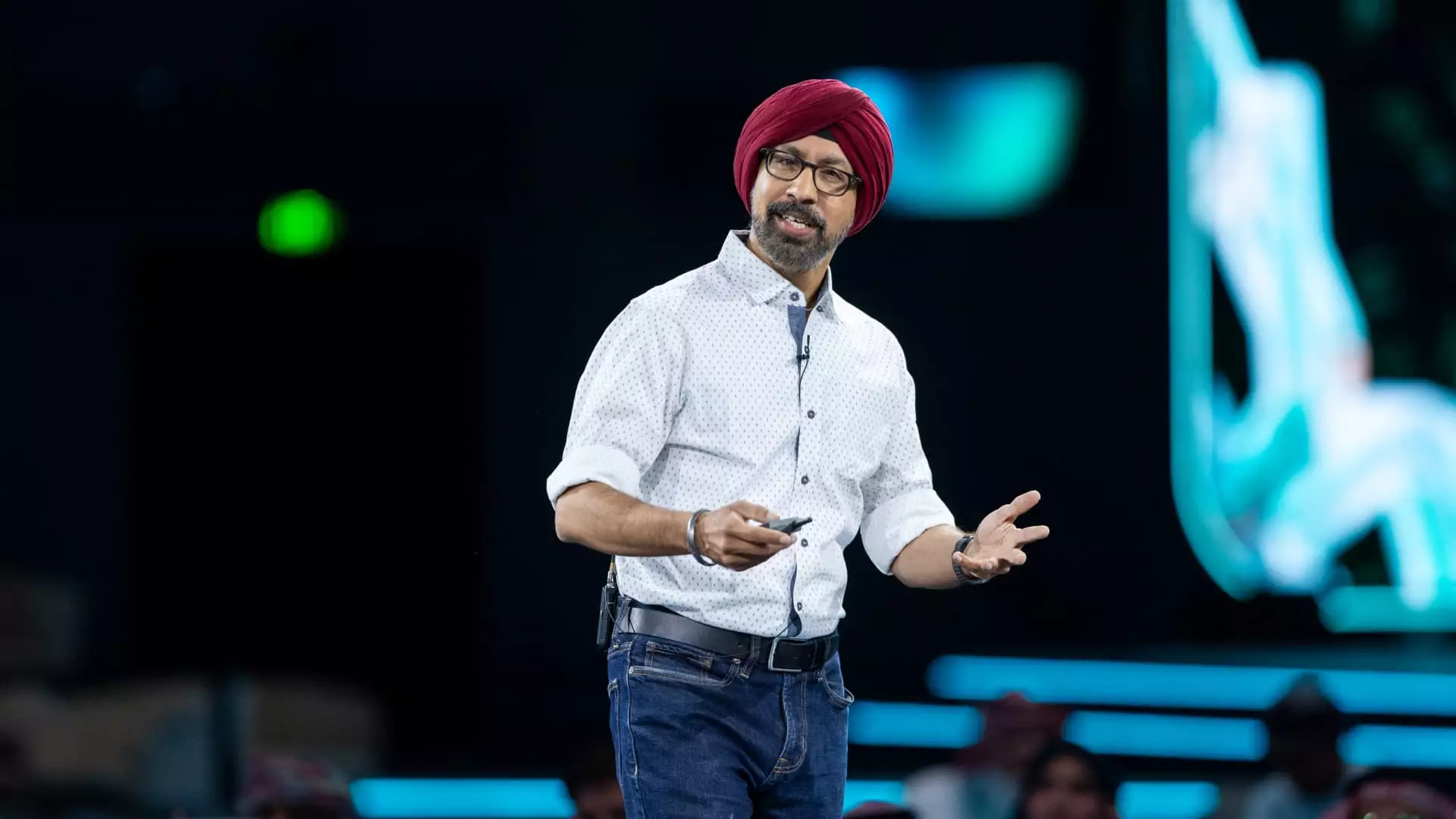In an era where technology continues to revolutionize healthcare, Suki, a healthcare artificial intelligence startup, has taken a significant step toward enhancing the clinician experience. By partnering with Google Cloud, Suki is not only expanding its scope beyond clinical documentation but is also addressing the pressing needs of healthcare providers to minimize burnout due to excessive administrative demands. This article delves into the implications and potential impacts of this collaboration.
Suki’s flagship product, the Suki Assistant, was initially designed to streamline the documentation process for healthcare providers. It offers doctors a solution to transform in-person visits with patients into formal clinical notes automatically. The core innovation is its ability to alleviate the administrative burden that often detracts from patient care, allowing physicians to focus on what truly matters: their patients. As Punit Soni, Suki’s CEO, articulates, the vision for the assistant transcends basic documentation; it aims to act as a comprehensive support system for clinicians.
With the collaboration with Google Cloud, Suki intends to incorporate advanced features such as a patient summary and question-and-answer functionalities. Employing the Vertex AI platform enables Suki to leverage powerful machine learning algorithms, thereby facilitating a more dynamic interaction between medical staff and patient data. This strategic partnership exemplifies a shift in how AI can be utilized not just to simplify tasks but to actively enhance the decision-making process in medical practice.
Enhancing Healthcare Efficiency with Summarization and Q&A Features
The newly introduced patient summarization feature allows clinicians to access essential patient information swiftly and efficiently. By aggregating data such as age, chronic conditions, previous prescriptions, and the patient’s reason for the visit, the clinician can obtain a broad overview of the patient’s medical history with a single click. Such a development promises to significantly cut down the time spent searching for information—a task that often consumes 15 to 30 minutes for healthcare providers.
Furthermore, the Q&A feature enhances this capability by permitting physicians to pose specific inquiries related to patient data. Questions like “What vaccines did the patient take?” or “Show me his A1C over the last three months as a graph,” can be addressed immediately. This tool not only expedites access to crucial information but also allows for tailored patient care, refining the clinician’s approach based on real-time data.
Suki’s integration of these new features is timely, considering the competitive landscape of healthcare technologies. The startup’s existing user base comprises 350 health systems and clinics within the United States, and it has impressively tripled its clientele this year. As demand for innovative solutions surfaces, Suki’s enhancements could provide a distinct advantage over competitors, particularly in addressing the administrative burdens that plague healthcare workers.
Moreover, Soni notes that these improvements come at no additional cost to existing customers. This strategy not only aligns with the broader trend of integrating AI into healthcare—often dubbed the “AI-ification” of the sector—but also fosters loyalty among current users. By continually delivering added value without increased financial burdens, Suki could nurture a growing community of satisfied healthcare providers.
Suki’s latest advancements, facilitated by its collaboration with Google Cloud, signify a profound shift in how healthcare providers can utilize artificial intelligence. The fusion of patient summarization and interactive Q&A features reflects a strategic move toward creating a more efficient, less burdensome healthcare ecosystem. As Suki continues to innovate, it places itself at the forefront of a burgeoning trend that seeks to redefine the clinician’s experience, ultimately enhancing patient care. In this brave new world of healthcare technology, the focus is on harnessing AI not just as a tool, but as a vital partner in the quest for improved health outcomes.

